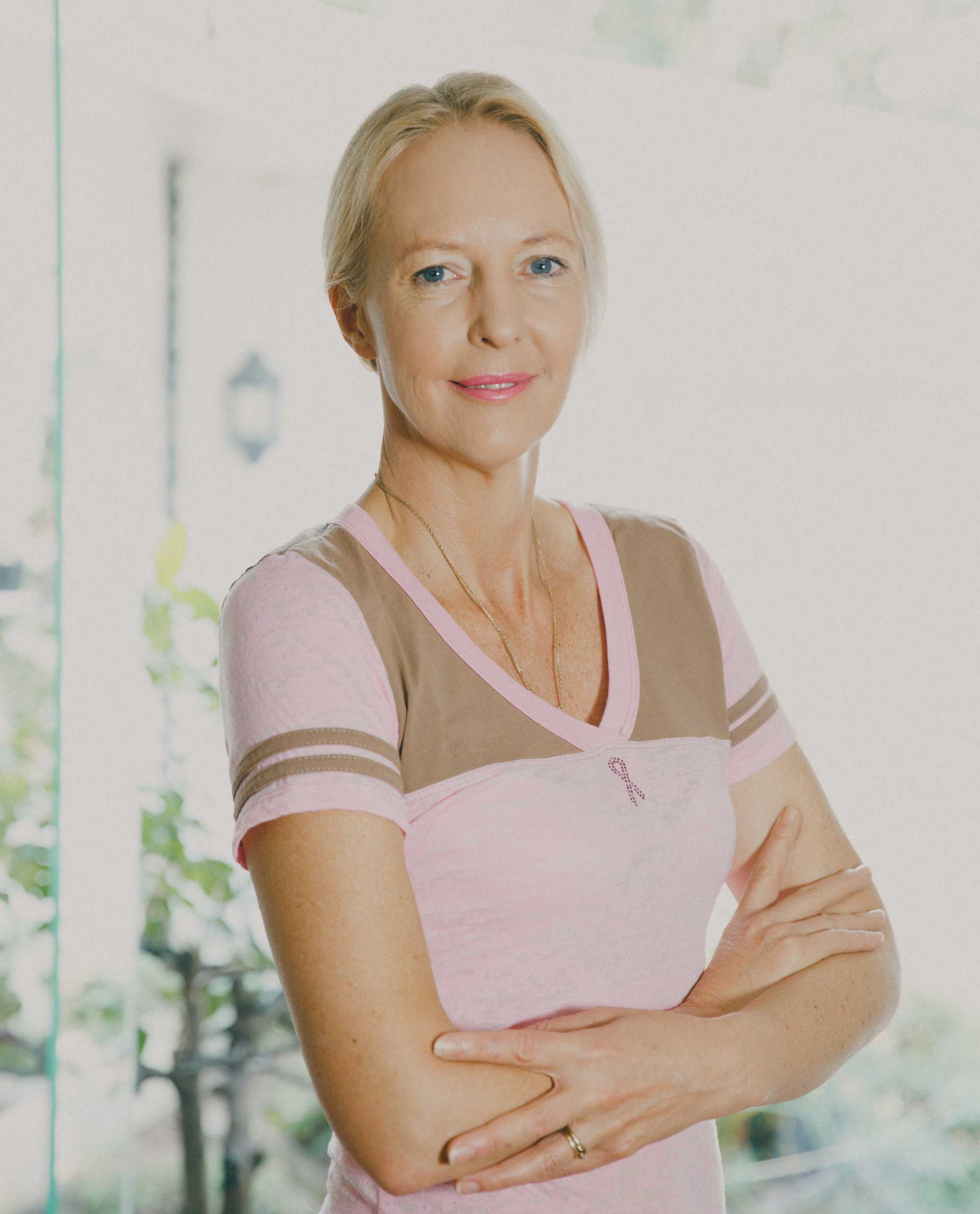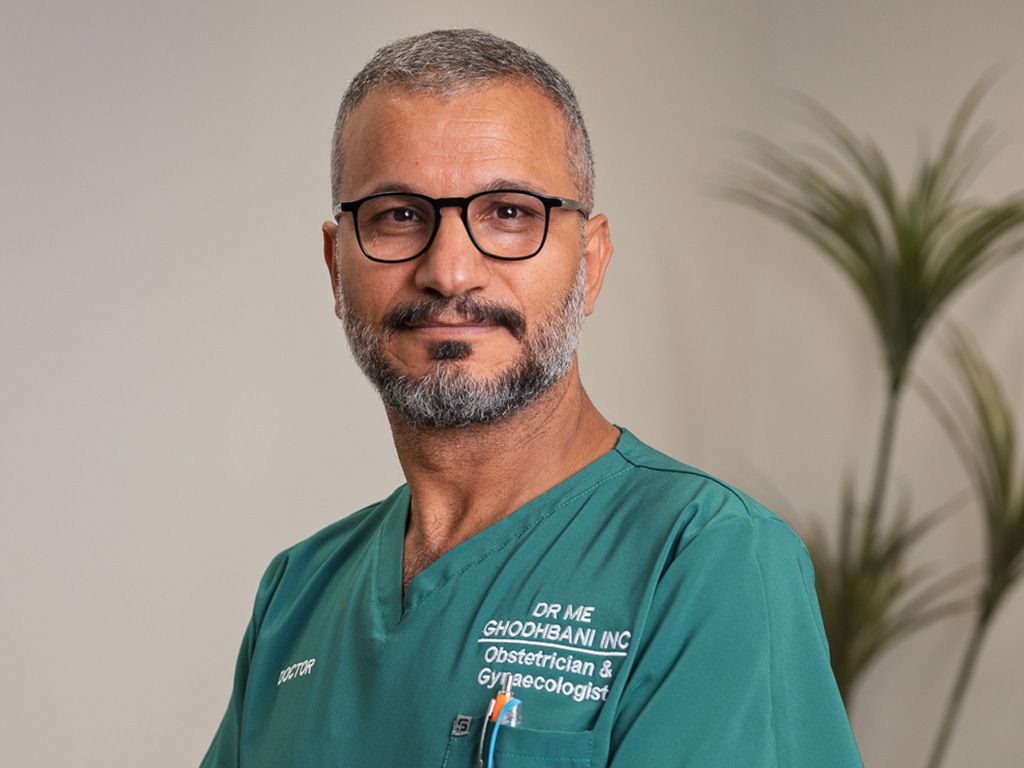Dense breast tissue signals higher risk for breast cancer
October 26, 2020
Specialist surgeon and breast disease specialist, Professor Carol-Ann Benn, established the Netcare Milpark Breast Care Centre of Excellence in association with Netcare in 2001.
Both men and women urged to check and screen for breast cancer regularly
People with higher density breast tissue face greater risk of breast cancer, although no one is immune to the risk of developing the disease. According to renowned specialist surgeon and breast disease specialist, Professor Carol-Ann Benn, almost two-thirds of women who are diagnosed with breast cancer have no significant risk factors, highlighting the importance of all women being vigilant.
“The most important point to remember is that breast cancer is neither ageist, racist nor sexist: breast cancer can happen to anyone,” says Professor Benn, who in association with Netcare founded the internationally accredited Netcare Milpark Breast Care Centre of Excellence in Johannesburg.
“Dense breast tissue is identified through a mammogram where more than three-quarters, or 75%, of the breast is composed of fibro glandular connective tissues and glands such as the milk ducts. This is considered an independent risk factor for breast cancer, and there is an additional concern due to the increased difficulty in detecting small lesions in dense breast tissue.
“The risk this represents is significant, some four to five times higher than for similarly aged women with less dense breast tissue. If your breast tissue is dense, additional breast cancer surveillance is therefore recommended, preferably with either breast MRIs or six-monthly ultrasounds,” Professor Benn says.
Breast cancer risk factors
“Various risk models aim to develop personalised screening programmes to help categorise patients based on their risk. This should, at least in theory, allow for higher risk women to be identified for closer monitoring and more imaging tests,” she explains.
“While there have been many tools developed in an attempt to quantify risk, none are regarded as being 100% accurate. It is therefore important that both women and men regularly go for radiology screening.”
She points out that not all risk factors are modifiable, which means while there are certain risks we may have some control over such as exercising or not smoking, there are other risks such as genetic factors that we are unable to change.
Preventative benefits of aerobic exercise
“It must be emphasised that there is no sure way to prevent breast cancer, as there are many factors involved that are beyond our control. This being said, regular aerobic exercise and maintaining your body mass index (BMI) under 25 are recommended, as obesity is associated with increased breast cancer risk.
“It has been estimated that exercise decreases the risk of developing breast cancer by approximately 42%. Exercising post diagnosis and treatment has also been shown to decrease the risk of recurrence. Studies seem to suggest that aerobic exercise of moderate intensity for about 45 minutes per day could be most beneficial.
“A healthy, balanced diet and exercise are both important ways of reducing some of our modifiable cancer risks, however checking your breasts regularly remains absolutely vital, as early detection promotes better outcomes should cancer be diagnosed,” Professor Benn says.
Alcohol and breast cancer risk
“The products that are released when alcohol breaks down in our bodies are toxic to cells. Alcohol is also broken down to ‘bad oestrogens’ and promotes an overall increase in oestrogens, which is often associated with breast cancer.
“Alcohol should also be considered as ‘empty calories’, meaning it has a high calorie content without contributing significant nutritional value. The weight gain that may result from this is most commonly abdominal obesity, which is linked to higher risk of cancer. Abdominal fat can also be considered ‘carcinogenic’ in the sense that it stimulates the production of hormones associated with increased cancer risks.
“There have been some interesting recent studies suggesting that people who drink alcohol may be able to counteract its damaging effects through moderate to significant exercise,” she adds.
Checking and screening for breast health
“No one can afford to be complacent about breast cancer, and regular screening and self-examination are essential to monitoring your breast health. Whoever you are, you could develop breast cancer.
“We are unfortunately seeing a notable increase in younger women developing breast cancer and it is important that awareness of the benefits of self-examination and screening from a young age is reinforced.
“In South Africa, where healthcare resources are constrained, women and men need to examine their breasts and know how to access healthcare facilities where they can be accessed. Ideally, screening should involve screening mammograms from the age of 40.”
The Netcare Milpark Breast Care Centre of Excellence works in conjunction with the Helen Joseph Hospital (HJH) breast centre to ensure that equivalent breast care is available irrespective of access to medical funding.
The centre follows a comprehensive approach to the management of breast conditions and diseases. Multi-disciplinary teams of healthcare professionals are involved in the diagnosis, clinical assessment, counselling, treatment including breast reconstruction, and patient support.
The doctors in the multi-disciplinary team are required to follow international guidelines when proposing treatment options. Many women treated at our unit, for example, benefit from endocrine manipulation therapy followed by cryosurgery, which freezes the tumour, rather than having surgery as the first line of treatment,” Professor Benn says.
The centre is also highly focused on community initiatives including awareness, education, and access to care for patients who do not have medical insurance.
“Awareness and self-examination are our most accessible preventative screening tools, and wherever possible these should be complemented with professional breast cancer screening. There are options when it comes to treatment, and these should always be carefully considered where any cause for concern is detected.”













